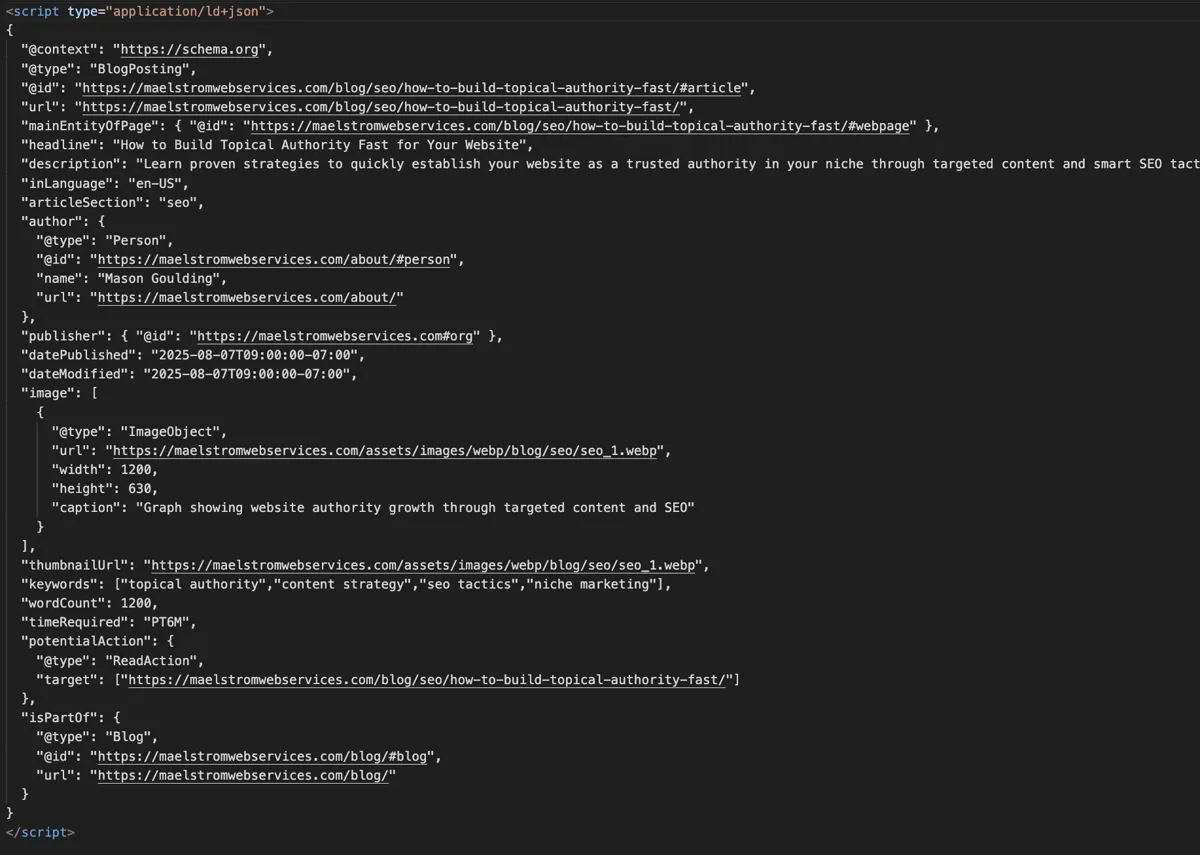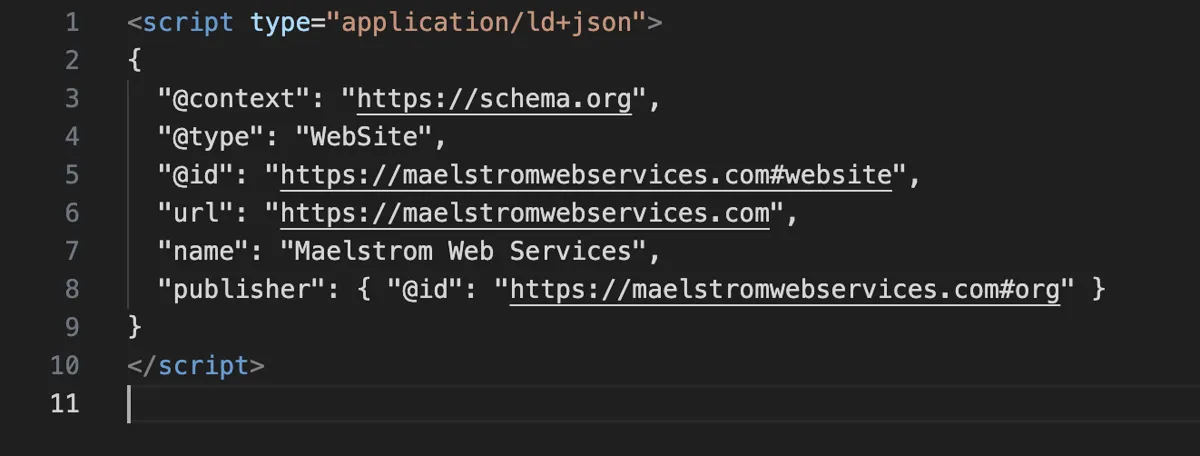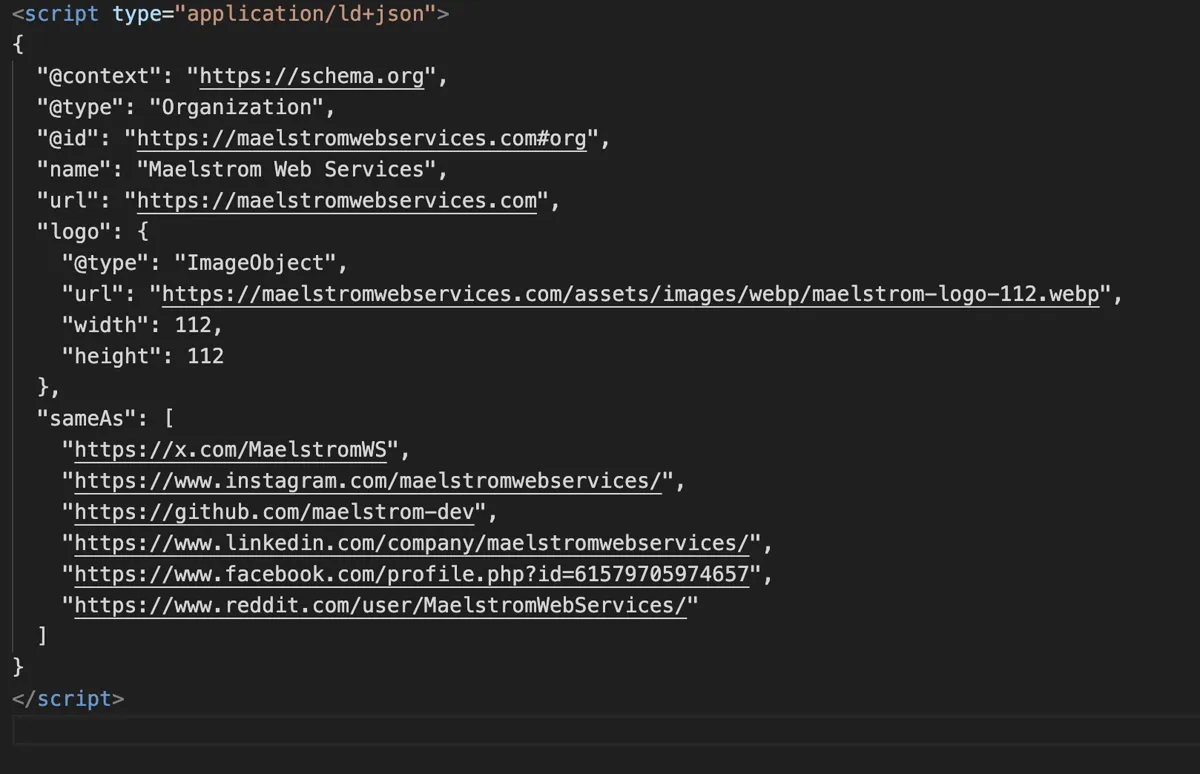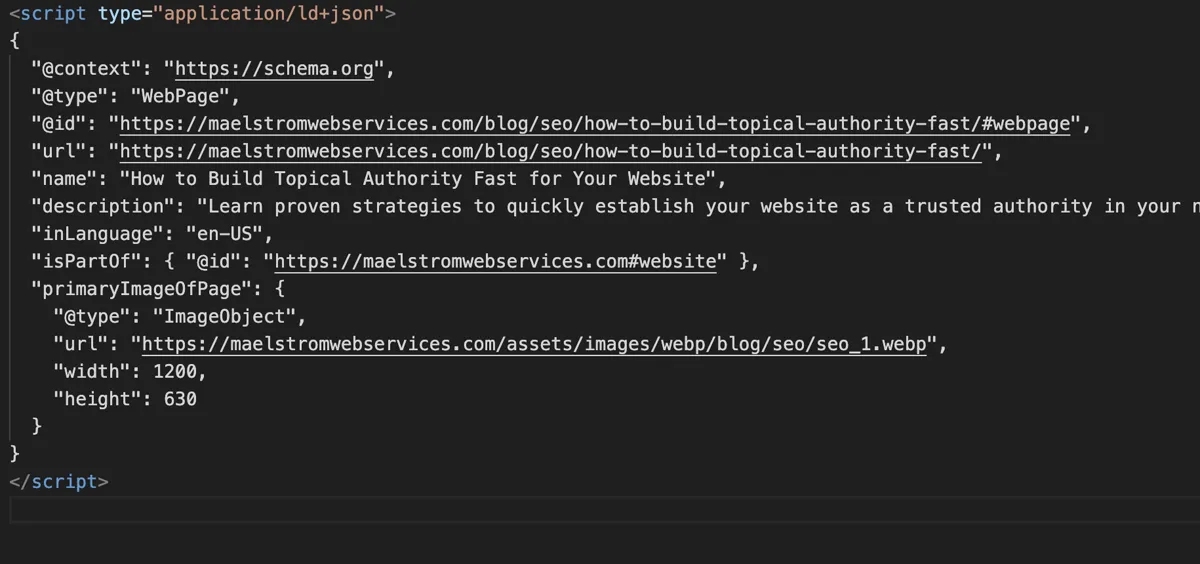How to Build Topical Authority Fast
A no-nonsense guide for folks who want their website to cut through the noise.
Topical Authority and Why It Matters
Topical authority is your ticket to standing out in a maelstrom of websites — whether you’re a small business, an influencer, or a brand. It’s about proving to Google and real people (especially real people) that your site is the go-to source for clear, deep, trustworthy content. You become the default reference point for your subject. Forget churning out bland, AI-generated fluff if you aspire to be a pillar in your space; that stuff lacks the spark (or “perplexity,” as the nerds call it) to get traction with search engines or with people. Google’s systems spot content mills quickly — and you won’t be the exception since they err on the side of doubt.
In 2025, with billions of pages online, bot armies polluting the web, and content mills flooding the internet, small- to medium-sized businesses (SMBs) are fighting for air. It’s tough because you’re not just up against competitors, but also automated noise. That’s why every “SEO expert” and “web designer” is pitching quick fixes — businesses are desperate, and desperation mixed with limited technical knowledge is a recipe for getting taken advantage of — especially because overpriced “solutions” rarely work. Building a virtual sales funnel takes technical chops and creative grit, yes, but even more than that it takes patience (3–6 months minimum).
Small note: Slightly editing a theme doesn’t make a site “custom.” Using a framework with known constraints doesn’t, either. The industry throws around those adjectives loosely, which blurs value and expectations. If you’re curious about the actual trade-offs and costs, see The True Cost of a Cheap Website.
Another quick aside—this time on “technical chops and creative grit”...
In today’s market, buying a site often means getting something with basic functionality that looks okay — not great, just okay.
Many businesses pay thousands of dollars for templated work that doesn’t actually reflect their brand and values.
It’s pivotal to long-term success to build a site with E-E-A-T signaling in its bones. If your web dev doesn’t want to talk your ear off about schema injections, automation pipelines, componentizing your design, and optimizing your media — run. I’m not saying your developer needs to know everything, but they should be doing everything in their power to get you to the top of listings in a secure, ethical manner.





As for the creative-chops aspect, I’ll use a chiasmus: better to have an engineer who can help with painting than a painter who has to help with your engineering. That’s not to dismiss designers — it’s to say the learning curve is much steeper for highly technical concepts, whereas most people have a decent eye for what looks good, even if they can’t explain it precisely.
Okay, back to the topic at hand — Google doesn’t care if your site exists; it cares if you’re the most credible voice on your topic. A few half-baked pages won’t cut it because the system has reframed success to mean front-loading effort and risk. Take this site: I poured 400 hours into hand-coding it with Eleventy, Tailwind, vanilla HTML, and Netlify. No WordPress shortcuts or frameworks to float me. The first 3–6 months might not have screamed ROI, but years down the line? Exponential returns are the result of exponential efforts.
Here’s a real example: for a local event-planner client in Sacramento, we built a 9-page static site based on our Growth Site with 10 additional SEO-focused blog pieces (modularized schema, JSON, long and short-tail SEO) on a 6-month retainer to keep growing their presence and authority. Within four months, their page for “Newport Beach Event Planning” hit #3 on Google, driving 200+ monthly leads. That’s the power of topical authority — traffic fuels growth, and without it, your funnel’s leaking.
Point is: without a serious online presence (sorry, drag-and-drop sites don’t count), you’re dead in the water.
Here’s the breakdown:
- Search engines crawl billions of pages, indexing and ranking them ruthlessly.
- They lean on the E-E-A-T framework to pick winners.
- Your E-E-A-T comes mostly from consistent, high-quality content — though tech matters too.
- No E-E-A-T? No traffic. No views. No customers.
Want to rank, convert, and dominate? Become the authority.
Defining Topical Authority and E-E-A-T
Topical authority is when your website owns a niche by delivering interconnected, high-quality content that covers every angle of a topic with expertise and trust.
I learned this the hard way: early on, I thought a few blog posts would make me a “guru.” Nope. Google wants breadth, depth, and trust — your digital reputation hinges on these.
Breadth
Create content via the hub-and-spoke method: group articles around focal points and branch out — this allows you to cover your niche from every angle. In my experience, chasing broad appeal often alienates your core audience, so stop trying to please everyone and focus on the people who are the right fit. For example, our Sacramento SEO page doesn’t just talk SEO — it dives into local ranking factors, from Google Business Profile to hyper-local keywords.
Depth
Don’t skim the surface — anyone can do that and it is antithetical to what Google rewards, which is content that digs into the nitty-gritty. Their developer docs exist to guide businesses to play by the rules. For instance, when we optimized a client’s site, we didn’t just slap on keywords — we analyzed their LCP (Largest Contentful Paint) and cut load times by 1.2 seconds. That’s the kind of depth that wins.
Trust
When’s the last time you checked your site’s accessibility score? Or spotted pages with sluggish LCP? Security gaps? If your site skips these basics, it’s like showing up to a client pitch in flip-flops. A professional site needs a scalable, accessible, secure foundation. I once spent hours debugging a client’s SSL issue — turns out their expired certificate was tanking rankings. Fix the basics, and Google notices.
Google’s docs are gold for cutting through “expert” fluff. Start with their guide on helpful content. You don’t need to code like a pro overnight — just know what matters.
Google’s Quality Signals (E-E-A-T) at a Glance
Experience
- Do you walk the talk? Show it with real-world examples.
- Personal stories, case studies, or your business philosophy pack a punch. For example, I’ve built dozens of local SEO pages from scratch — each one’s a lesson in trial and error.
Google added “Experience” to E-A-T in 2022; see this overview by Elizabeth Tucker.
Expertise
- Dive deep—education, accuracy, and details matter.
- Frame your expertise boldly and back it up with references like case studies, blogs, or even a book.
Authority
- Authority is the credentialing of the internet. If you don't know which reputable sites link to you, where you get mentions on X, and your content strategy by heart — rethink your approach.
- Backlinks are a major E-E-A-T signal which should not be neglected. Overwhelmed? Just start small — local directories, niche blogs, etc. then aim higher.
Trust
- While most of the internet is chaotic, businesses need to remember: you control trust. Care deeply about your site’s quality because it is the one domain you manipulate fully.
- Accessibility, SSL, fast load times aren’t optional...they’re your ticket to Google’s good side.
So How Do You Build Topical Authority?
It’s a grind. Anyone promising quick wins is either guessing or banking on a huge upfront budget. Here is some direct confrontation with reality: consistent traffic demands consistent, expert content and a site that scales, advertisements are effective until you stop paying, and what worked yesterday likely will not work tomorrow. That’s why I’m all in on scalable static site architecture at Maelstrom Web Services.
Want the full scoop on the investment? Check my posts on AI Content vs. Human Content and Positioning a Premium Service.
The price of relevance is often hundreds, sometimes thousands, of hours without immediate ROI. Are you willing to invest it?
Why Credibility Pays Off
Topical authority isn’t just about rankings — it’s about owning your market.
It’s the intangibles that make the difference — a cohesive brand woven into your site’s structure, flow, and content. When your pages answer every question, tie to your local markets, and keep publishing...you’re not just another site. You’re the reference point.
Take it from me: I once lost a client because my early site was a mess: slow, clunky, unfocused. Rebuilding it with intention turned things around. Now, leads come naturally.
It boils down to ownership:
Own your tech stack.
Own your content.
Own your destiny.
Curious about the tools pros use?
- MDN Web Docs – The developer’s bible for web standards.
- Ahrefs – My go-to for SEO insights and competitor analysis.
- Search Engine Journal – Stay updated on SEO trends.
